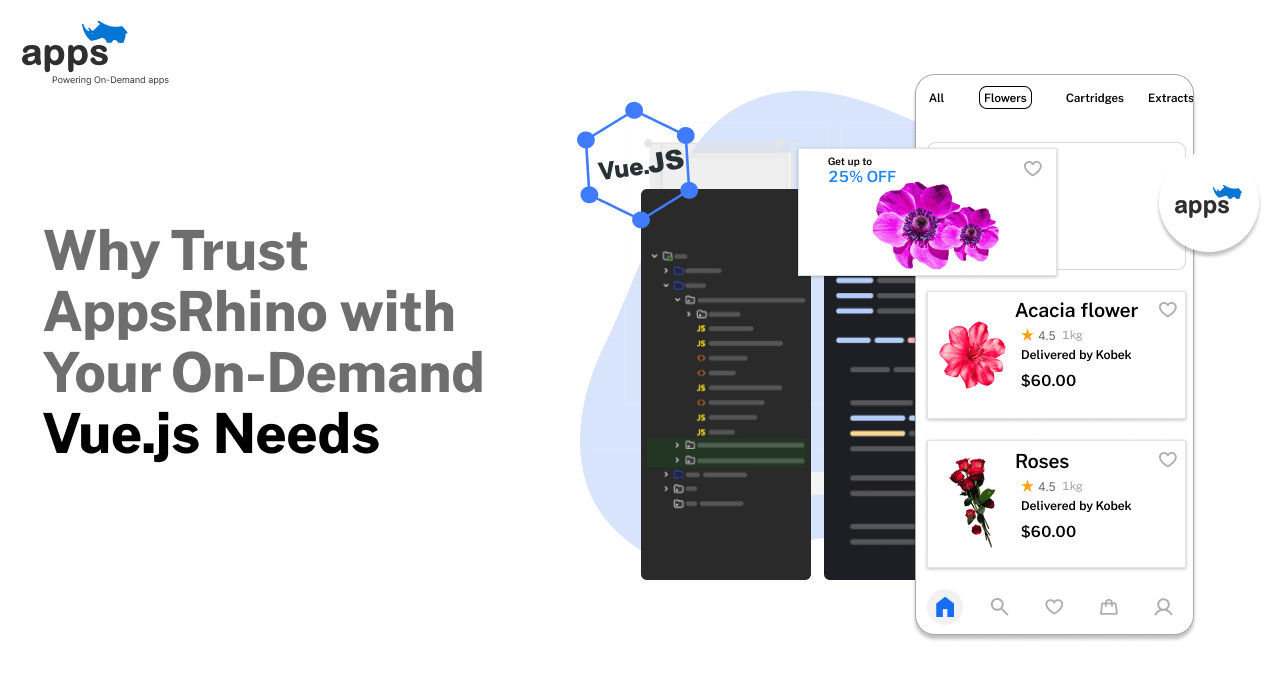- What is MongoDB?
- MongoDB cloud and MongoDB server
- MongoDB pros and cons
- MongoDB alternatives
- Final Words
Table of Contents
MongoDB: Pros, Cons, and Alternatives

Are you interested in MongoDB and wondering if it's the best option for your upcoming project? Look nowhere else! This blog will introduce you to MongoDB, a popular document-oriented NoSQL database known by companies and clients for numerous reasons like scalability and adaptability.
We will be looking forward to the advantages and features of MongoDB. Understanding the drawbacks of this database is equally necessary. Finally, we will learn about the alternatives of MongoDB and other well-known databases.
By the end of this blog, you'll know more about MongoDB and its rivals, empowering you to select the suitable database for your project!
What is MongoDB?
Let's start with a brief introduction about MongoDB (since we will discuss its pros and cons later!) So, MongoDB Inc introduced MongoDB to the world in 2009. MongoDB is a popular open-source document-oriented NoSQL database.
You may want to know why MongoDB developers love this database. Well, exceptional performance, scalability, and flexibility account for the same.
Developers use MongoDB server for contemporary websites and mobile applications due to its reputation for handling large data quantities and unstructured/semi-structured sets.
MongoDB can expand horizontally across multiple nodes proving comfortable to the developer.
MongoDB cloud and MongoDB server
Do you know about the services MongoDB Inc offers? MongoDB cloud and MongoDB server are two of them. You can account for these services as some of the pros of MongoDB. These models are for management but may differ in deployment choices.
Let's talk about the MongoDB server first. Developers can set up the MongoDB server locally or on cloud-based virtual servers. The server is a self-managed solution. The MongoDB server user handles the data installation, configuration, and administration.
MongoDB Cloud is a cloud-based database service that MongoDB Inc runs on two versions.
Let's list these reasons below.
- MongoDB Atlas: Fully managed cloud database application set on Microsoft Azure, Google Cloud Platform, Amazon Web Services (AWS), etc.
- MongoDB Cloud Manager: Tool for managing MongoDB deployments on-premises or in the cloud.
Automatic scaling, built-in backup and recovery, automated patching and upgrades, and 24/7 monitoring and support are advantages of MongoDB cloud.
MongoDB pros and cons
We reached the part we all have been waiting for about MongoDB. You are right! Let's look at the advantages and disadvantages of this platform. Once you understand MongoDB's pros and cons, you can decide to use it for database management!
Pros:
Here is a list of MongoDB pros for you!
1. Flexible data model
MongoDB developers can create flexible and dynamic schemas using the document-based data model of this platform. MongoDB allows you to develop, store, and retrieve complex and evolving data structures.
2. High performance
MongoDB Inc tailored the architecture and indexing system for high-speed queries, allowing fast read and write operations for the data. Do you know the reasons contributing to the high performance of this platform? Indexing, shading, memory usage, aggregation pipeline, and replication cover MongoDB's high performance.
3. Scalability
Another advantage of the MongoDB platform includes its ability to scale horizontally across multiple nodes. This feature makes it well-suited for large-scale applications in demand for scalability.
Cons:
Now, let's talk about the cons of the event.
1. Memory consumption
MongoDB's memory usage can be higher than other databases when working with big data sets.
2. Complexity in operation
Despite the many advantages of MongoDB, managing a MongoDB deployment can be more complicated than with other databases, especially in bigger and more complex environments.
3. No ACID transactions
Multi-document ACID transactions (Atomicity, Consistency, Isolation, and Durability) ensure that MongoDB finishes the database operations in an all-or-nothing manner so that if any transaction fails, the entire transaction is rolled back to its original state.
MongoDB alternatives
Do you want to know the MongoDB alternatives you can use for data management and strategy? We have a list for you here with us!
MySQL
Another well-known open-source relational database management system with robust data security and scalability capabilities is MySQL. It supports numerous programming languages and is used in web applications.
PostgreSQL
Another database management system available as open-source software is PostgreSQL. It supports multiple functions like transactions, indexing, and data backup. It is a good option for applications that demand stringent ACID compliance.
CouchDB
If you want to know about a document-based NoSQL database like MongoDB, CouchDB may be a perfect choice! This platform emphasizes user-friendliness and has an adaptable architecture! Data replication and conflict resolution are some of the capabilities of this platform.
You can find other MongoDB alternatives and use them as per your preferences.
Suggested Reading:
AppsRhino: Hiring Mongo Db developers made easy!
Final Words
Do you want to hire dedicated mongodb developer for your company? We have an answer for you. Yes, you are thinking right! You can hire employees and MongoDB developers with AppsRhino!
Do you know why you will not regret your decision? Clients and customers know our company as the provider of unmatched client support! Moreover, you can choose between custom and SaaS solutions, and our company provides dynamic pricing based on yours.
You can tell us about your MongoDB developer requirements, and we will provide the perfect team to handle the database management-related task and application development.
Don't wait! Contact AppsRhino and learn more about MongoDB development!
Table of Contents
- What is MongoDB?
- MongoDB cloud and MongoDB server
- MongoDB pros and cons
- MongoDB alternatives
- Final Words


